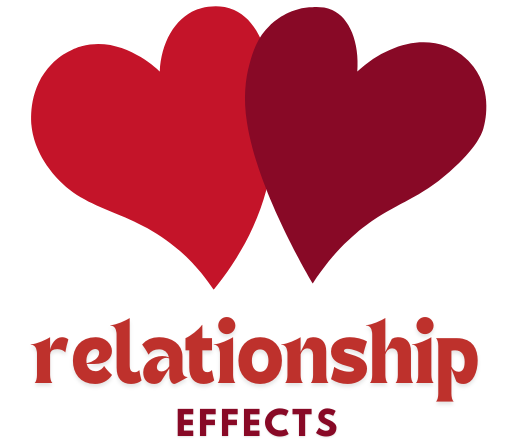Betrayal by a best friend is one of the most painful experiences one can endure. It’s a unique kind of heartbreak that intertwines the loss of trust, the shattering of shared memories, and the feeling of deep personal violation. When the person you’ve trusted the most and shared your deepest secrets with turns their back on you, the path to healing can seem insurmountable.
However, overcoming this betrayal is possible, and while the journey is undoubtedly challenging, it can also lead to profound personal growth and stronger, healthier relationships in the future.

Acknowledge Your Emotions
The first step in overcoming betrayal is to acknowledge and accept your emotions. It’s normal to feel a whirlwind of feelings: anger, sadness, confusion, and even guilt. Bottling up these emotions or pretending they don’t exist will only prolong your pain. Allow yourself to grieve the loss of the friendship. Cry if you need to, scream into a pillow, or write down your thoughts in a journal. These emotional outlets are crucial in helping you process what has happened.
Seek Support
One of the most challenging aspects of being betrayed by a best friend is the sense of isolation it can bring. You might feel like you’ve lost your primary source of support. This is the time to lean on other friends, family, or even professional counselors. Share your feelings with those who care about you and can offer a sympathetic ear. Sometimes, just knowing that others understand your pain and are there for you can be incredibly comforting.
Reflect on the Friendship
Take some time to reflect on the friendship and the events leading up to the betrayal. While it’s important not to dwell on the past excessively, understanding the dynamics of your relationship can provide valuable insights. Were there warning signs you missed? Did you overlook certain behaviors because of your closeness? This reflection isn’t about blaming yourself but about learning and growing from the experience. It can also help you set healthier boundaries in future friendships.
Forgiveness as a Choice
Forgiveness is often misunderstood as excusing the betrayal or forgetting the hurt it caused. However, true forgiveness is about releasing yourself from the burden of anger and resentment. It’s a gift you give to yourself, not to the person who betrayed you. This doesn’t mean you have to reconcile or continue the friendship. Instead, it means acknowledging the pain, accepting that it happened, and choosing to move forward without letting bitterness consume you.
Focus on Self-Care
In the aftermath of a betrayal, self-care becomes more critical than ever. Engage in activities that bring you joy and peace. This could be anything from reading a good book, going for a run, practicing yoga, or spending time with loved ones. Take care of your physical health by eating well, getting enough sleep, and exercising regularly. Self-care helps rebuild your sense of self-worth and reminds you that you deserve to be treated with kindness and respect.
Rebuild Trust
One of the most challenging aspects of moving on from betrayal is learning to trust again. It’s natural to be wary of opening up to new people after being hurt so deeply. Take small steps towards rebuilding trust in others. Start with low-risk situations and gradually allow yourself to be more vulnerable. Remember that not everyone will betray you, and building new, healthy relationships is possible. Be patient with yourself in this process.
Set Healthy Boundaries
Setting boundaries is crucial in preventing future betrayals. Clearly define what is acceptable behavior for you in friendships and relationships. Communicate these boundaries openly and assertively. Boundaries are not about pushing people away but about protecting your emotional well-being and ensuring mutual respect in your interactions.
Embrace New Opportunities
Finally, allow yourself to embrace new opportunities and experiences. As painful as betrayal is, it can also open the door to new beginnings. Use this experience as a catalyst for personal growth and exploration. Pursue new hobbies, meet new people, and challenge yourself to step out of your comfort zone. You may discover strengths and passions you never knew you had.
You Will Recover
Overcoming the betrayal of a best friend is a journey that requires time, patience, and self-compassion. It’s a deeply personal process but one that can lead to greater self-awareness and resilience. You can heal and emerge stronger by acknowledging your emotions, seeking support, reflecting on the friendship, practicing forgiveness, focusing on self-care, rebuilding trust, setting healthy boundaries, and embracing new opportunities. Remember, the pain of betrayal is real, but so is the potential for growth and renewal.
Ally is editor at Relationship Effects and a keen writer on the topics of love and relationships. When she's not writing about the highs and lows of being in love, you're likely to find her catching up on the latest season of Bridgerton (again), reading, or hanging with her two ragdoll cats.
